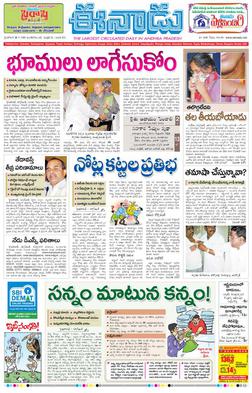Motage Enterprises Pvt. Ltd. Vs. Employees’ Provident Fund and Anr.
Citation: 2011 LLR 867
Decided On: 24.03.2011
Court: High Court of Madhya Pradesh
Facts
The Petitioner-company had two categories of employees, viz. Executive Category (Officer, Manager, General Manager and Vice President etc.) and Non-executive -category (Supervisors, Assistant operators, operators, Fitters, Computer Operators). The Petitioner was paying Variable Dearness Allowance (VDA) to employees in the Non-executive category and their salary was structured as Basic + VDA + Conveyance allowance. On the other hand, salary of employees in the Executive Category was structured as Basic + HRA + Special allowance.
Petitioner was remitting the provident fund contribution of eligible employees in accordance with the Employees’ Provident Fund and Miscellaneous Provisions Act, 1952 (“Act“) and Employees’ Provident Fund Scheme, 1952 (“Scheme“) and deducting contribution on two components of salary, i.e., Basic + VDA. However, it was not deducting contribution on other components, viz. HRA + Special allowance + Management allowance and conveyance allowance.
The Assistant Provident Fund Commissioner (“APFC“) noticed that the Petitioner was paying wages to its workers in guise of allowances to avoid the EPF liability. Therefore, APFC issued an order against the Petitioner under Section 7A of the Act for determination of provident fund dues. Against the aforesaid order, Petitioner filed an appeal before the Employees’ Provident Fund Appellate Tribunal (“EPFAT“), which was dismissed.
Contentions
Petitioner:
- It was not liable to pay provident fund contribution of its workers on other heads of wages except basic wage + VDA (relying on the judgment of Supreme Court in Manipal Academy of Higher Education v. Provident Fund Commissioner (2008) 5 SCC 428)).
- In order to reduce the provident fund liability the management separated Special allowance being paid to the employees as a part of monthly salary from the basic wages.
Respondent:
- Basic wages includes all emoluments earned by the workers under all circumstances. Accordingly, other allowances are part of basic wages for the purpose of provident fund contribution.
- As per the test laid down by the Supreme Court in Bridge and Roofs Co. Ltd. v. Union of India and Ors. (AIR 1963 SC 1474), the principle of universality has to be applied in determining the basic wages and on the basis of this principle the orders passed by both the Authorities are in accordance with law.
Held
Here the Madhya Pradesh High Court relied on the judgment of Supreme Court in Manipal Academy of Higher Education vs. Provident Fund Commissioner [(2008) 5 SCC 428], and also considered the earlier judgments of Supreme Court in Bridge and Roofs Co. Ltd, v. Union of India and Ors. [AIR 1963 SC 1474]; Jay Engg. Works Ltd. v. Union of India [AIR 1963 SC 1480]; and Cycles of India v. M.K. Gurumani [(2001) 7 SCC 204] to reiterate that that:
“on combine reading of Section 2(b) and Section 6 of the 1952 Act, the ‘wages which is universally, necessarily and ordinarily paid to all across the board, such emoluments are ‘basic wages’ and where the payment is available to be specially paid to those who avail of the opportunity is not the ‘basic wages'”
Applying the above principle, the Court held that:
- The Petitioner was deducting contribution on two components of salary, i.e., basic wage + VDA. It was also noted that Petitioner was paying conveyance allowance to all of its employees in the Non-executive category, without making any exception for some employees. The Court accordingly held that the conveyance allowance could be included in basic wages because it is universally, necessarily and ordinarily paid to all across the board.
- Similarly, special allowance paid to the employees in the Executive category was also paid to all the employees in this category and there was no criteria to decide the special allowance. Therefore, the Court affirmed the findings recorded by APFC and EPFAT with regard to special allowance as well.
Consequently, the petition was dismissed.
Author: Vivek Verma
Image from here

